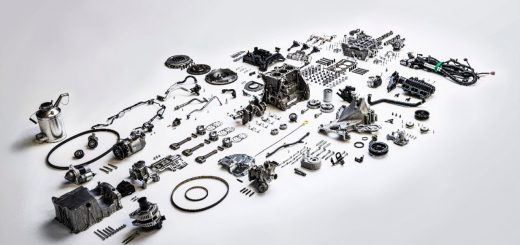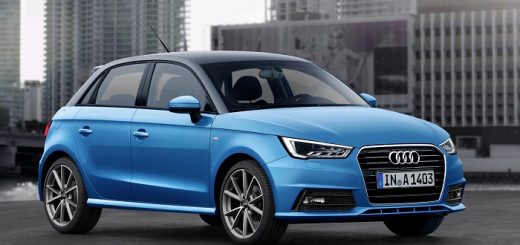In November, Audi announced a new 1.0-liter three-cylinder gas engine and 1.4-liter diesel would find their way under the hood of the A1 city car, giving consumers more economical engine choices in the small hatchback. The change makes the subcompact one of the most earth-friendly subcompacts around , emitting less than 100g of C02 per kilometer, Automotive News Europe reports.
The three-cylinder gasoline A1 is the first three-cylinder engine from Audi, while the three-cylinder diesel is the first three-pot Audi diesel in ten years. The gas engine emits just 99 g/km of C02, down from 118 g/km from the A1’s previous entry-level gas powerplant, while the diesel emits 89 g/km of C02, down from 110 g/km with the old diesel. The improvements are mostly a result of the downsized dispalcement of the two engines, Audi says.
“The new downsized engine range permitted us to improve fuel economy and emissions by up to 15 percent, while increasing power and performance,” Jorg Fuchs, Audi A1 project manager, told AN.
The new engines should increase the A1’s appeal, which is a cruicial part of Audi’s plan to steal market share away from current luury leaders BMW. Audi says the A1 has likely brought them 400,000 new customers, with four out of five A1’s going to a cusotmer who has never owned an Audi before. Neither BMW nor Mercedes-Benz offer a subcompact luxury city car, giving Audi plenty of growing room in the segment.
Sales of the updated A1 are expected to begin during the first quarter of 2015.














No Comments yet